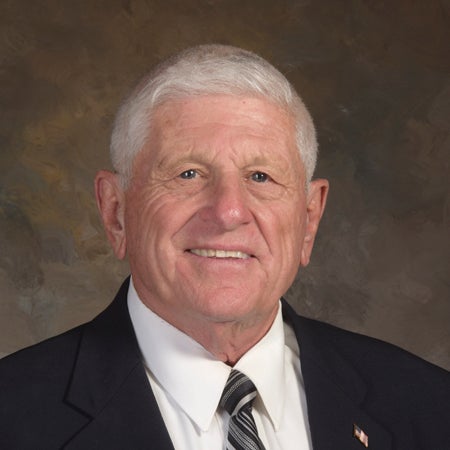Column: The Dream: Before and after
Published 11:14 pm Monday, January 19, 2009
This is certainly a week to contemplate history. It’s a week to remember one man famous for his dream of equality, and to watch as another man brings that dream to fruition.
On Monday, we celebrated the life of Dr. Martin Luther King Jr. It was on Aug. 28, 1963, in Washington, D.C., that King made his famous and everlasting speech, “I Have a Dream.”
“It is a dream deeply rooted in the American dream,” he said. “I have a dream that one day, this nation will rise up and live out the true meaning of its creed: ‘We hold these truths to be self-evident: that all men are created equal.’…
“I have a dream that my four little children will one day live in a nation where they will not be judged by the color of their skin but by the content of their character…And when this happens, when we allow freedom to ring, when we let it ring from every village and every hamlet, from every state and every city, we will be able to speed up that day when all of God’s children, black men and white men, Jews and Gentiles, Protestants and Catholics, will be able to join hands and sing in the words of the old Negro spiritual, ‘Free at last! Free at last! Thank God almighty, we are free at last!’”
And now, today, we are able to witness at least a part of that dream come true, as the first non-white person is sworn in as the President of the United States.
It is a day that perhaps Dr. King could not have fully envisioned. The first African-American candidate for President for a major party came in 1972 — four years after King’s assassination — when Shirley Chisholm ran for the Democratic Party.
Jesse Jackson followed after that in 1984 and ’88 for the Democratic Party, and Lenora Fulani ran as an independent in 1988 and 1992. Alan Keyes was the first African-American Republican candidate, running for office in 1996 and 2000, and the Rev. Al Sharpton ran for the Democratic candidacy in 2004. None of these received his party’s nomination.
Dr. King’s dream is one that most of us share: equal opportunity for everyone, that the best person for a job gets that job based on what that person can do and not on what that person looks like.
In King’s time, the task of seeing that dream come true seemed daunting, almost impossible. While we aren’t living in King’s Utopia quite yet, today marks the breaking down of yet another glass ceiling, another hurdle cleared on the road to a truly equal America.




